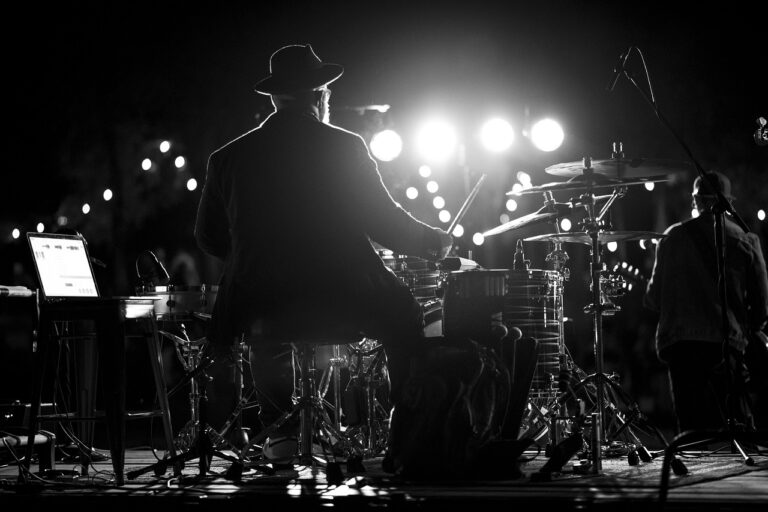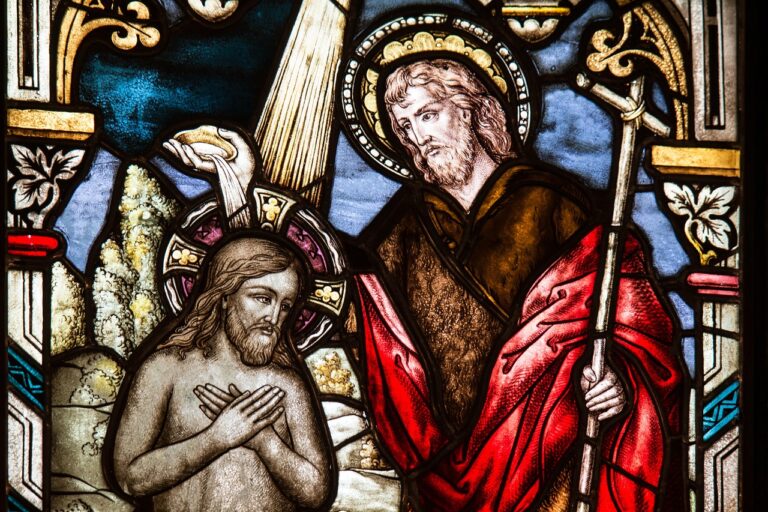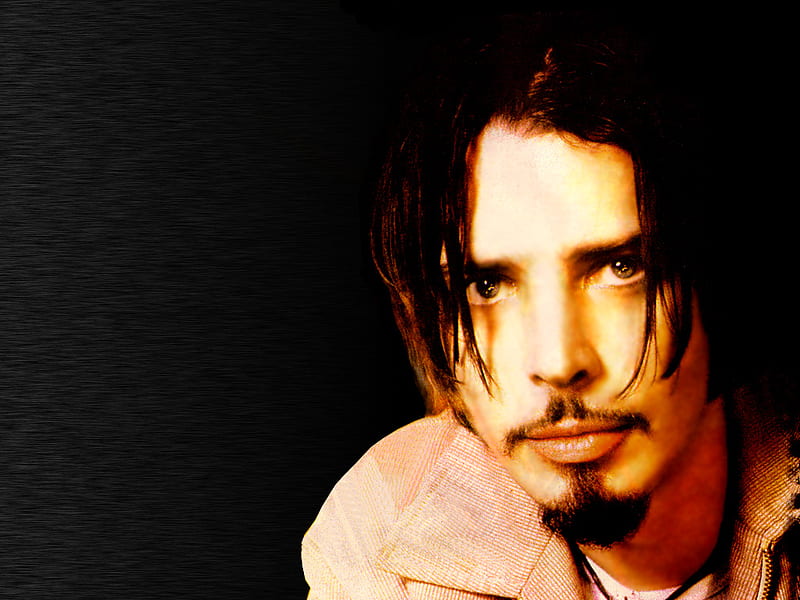
Chris Cornell was a prominent musician known for his powerful voice and profound lyrics. As the lead vocalist of Soundgarden and Audioslave, he left an indelible mark on the rock music scene. His spirituality and beliefs have often been questioned, particularly whether he identified as a Christian. This article explores his religious views, influences, and the complexities of his personal beliefs.
Early Life and Background
Chris Cornell was born on July 20, 1964, in Seattle, Washington. Growing up in a Catholic family, he was exposed to the teachings of Christianity from a young age. His father was a pharmacist, and his mother was a homemaker. Despite this religious background, Cornell’s relationship with faith and religion was complicated.
During his childhood, Cornell experienced feelings of alienation and confusion. As a teenager, he began to distance himself from the Catholic Church. He often expressed his discomfort with organized religion, which he felt was hypocritical. This discontent with traditional religious structures shaped his perspective throughout his life and career.
Musical Influence and Spirituality

Cornell’s music was deeply influenced by his personal experiences and struggles. He often explored themes of pain, loss, and redemption in his lyrics. While some of his songs touch on spiritual themes, they do not necessarily reflect a conventional Christian worldview. Instead, his work often delves into existential questions, reflecting a broader search for meaning.
In songs like “Hunger Strike” and “Black Hole Sun,” Cornell wrestled with notions of despair and longing. His lyrics often resonated with listeners who found solace in their own struggles. This connection illustrates how music can serve as a spiritual outlet, even when the artist does not adhere strictly to a particular religion.
Public Statements on Religion
Chris Cornell rarely spoke directly about his religious beliefs in public forums. However, in various interviews, he acknowledged his Catholic upbringing but expressed a general skepticism towards organized religion. He often emphasized the importance of personal belief systems that transcend institutional boundaries. This perspective suggests that while he may have identified with Christian values at times, he did not align himself strictly with them.
In a 1994 interview, Cornell mentioned that he found solace in the idea of spirituality rather than adhering to the dogma of any particular faith. This indicates a more fluid understanding of belief that prioritizes personal experience over traditional religious teachings. His views reflect a broader trend among artists who seek spiritual fulfillment outside conventional frameworks.
Exploration of Faith in Lyrics
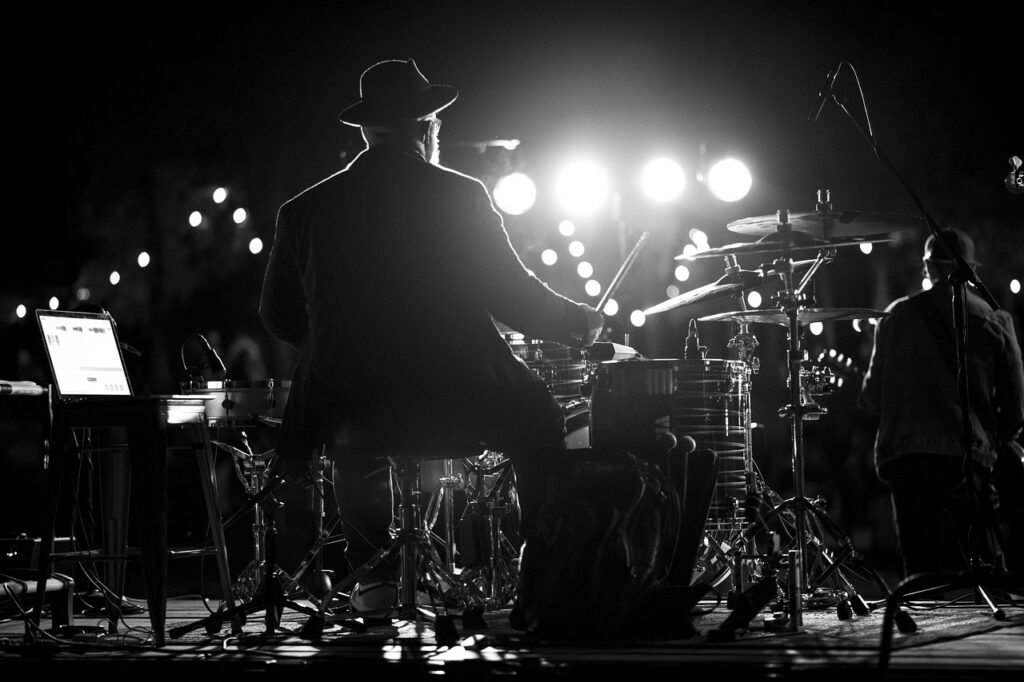
Many of Cornell’s songs incorporate spiritual and philosophical themes, allowing listeners to interpret their meanings in various ways. For instance, in “Seasons,” he reflects on the passage of time and the transient nature of life, suggesting an awareness of something greater than oneself. Such themes resonate with many spiritual traditions, including Christianity, but they do not necessarily confirm a specific affiliation.
In “Like a Stone,” Cornell grapples with themes of longing and searching for purpose, often interpreted as a quest for divine connection. The lyrics evoke a sense of yearning for understanding and acceptance, which can be seen as a spiritual journey. This exploration gives insight into Cornell’s complex relationship with faith and personal beliefs.
Influence of Personal Experiences
Cornell faced a number of personal challenges throughout his life, including struggles with addiction and the loss of close friends. These experiences shaped his worldview and likely influenced his approach to spirituality. In his music, he often confronted themes of suffering and redemption, which are central to many religious narratives, including Christianity.
His tumultuous life experiences may have led him to adopt a more individualistic approach to spirituality. Instead of adhering to specific religious doctrines, Cornell’s beliefs seemed to evolve through his personal journey, reflecting a quest for meaning amid chaos. This evolution is evident in his artistic output, which often mirrors his inner struggles and search for understanding.
Final Years and Legacy
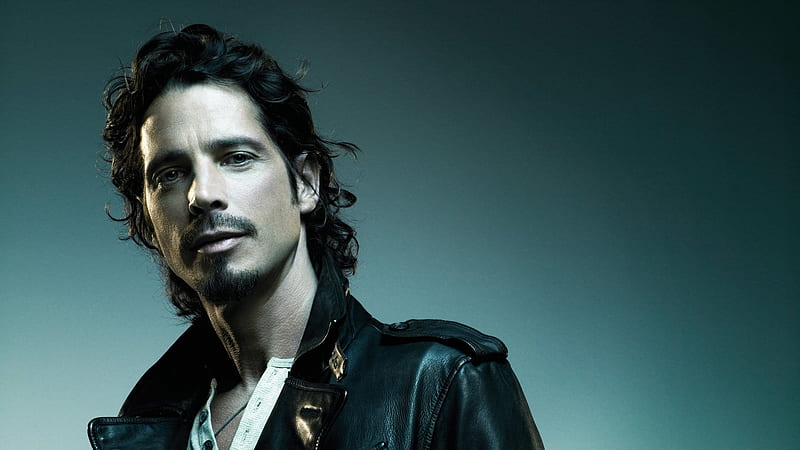
In the years leading up to his death in May 2017, Cornell continued to explore his artistic expression and personal beliefs. His music reflected a deepening understanding of life’s complexities, while also revealing a persistent quest for connection and meaning. Many fans and fellow musicians described him as a deeply thoughtful person, suggesting that his spirituality was an integral part of his identity.
Cornell’s passing sparked an outpouring of tributes and reflections on his impact as an artist. Fans celebrated his contributions to rock music, but also his capacity to articulate the human experience. In many ways, his legacy lies not only in his musical achievements but also in his exploration of the spiritual dimensions of life.
Conclusion
In conclusion, Chris Cornell’s relationship with Christianity and spirituality was complex and multifaceted. While he was raised in a Catholic environment, his personal beliefs evolved over time, leading him to question organized religion. Through his music, he explored themes of longing, despair, and redemption, reflecting a quest for meaning that resonates with listeners worldwide. Ultimately, Cornell’s legacy is one of artistic exploration and a deep engagement with life’s existential questions, rather than a strict adherence to any particular faith.
FAQs
Did Chris Cornell ever explicitly identify as a Christian?
Chris Cornell did not explicitly identify as a Christian in his public statements. While he had a Catholic upbringing, he expressed skepticism towards organized religion.
What themes did Chris Cornell explore in his music?
Cornell often explored themes of pain, loss, redemption, and existential questions in his music. His lyrics reflect a deep engagement with the complexities of life.
How did Chris Cornell’s personal experiences influence his beliefs?
Cornell’s struggles with addiction, loss, and personal challenges shaped his worldview. These experiences likely influenced his approach to spirituality and belief systems.
What impact did Chris Cornell have on his fans?
Cornell’s music resonated deeply with fans, offering solace and understanding during their own struggles. His exploration of existential themes created a strong connection with listeners.
How is Chris Cornell remembered today?
Cornell is remembered as a powerful musician and lyricist who articulated the human experience through his music, leaving a lasting legacy in rock history.




